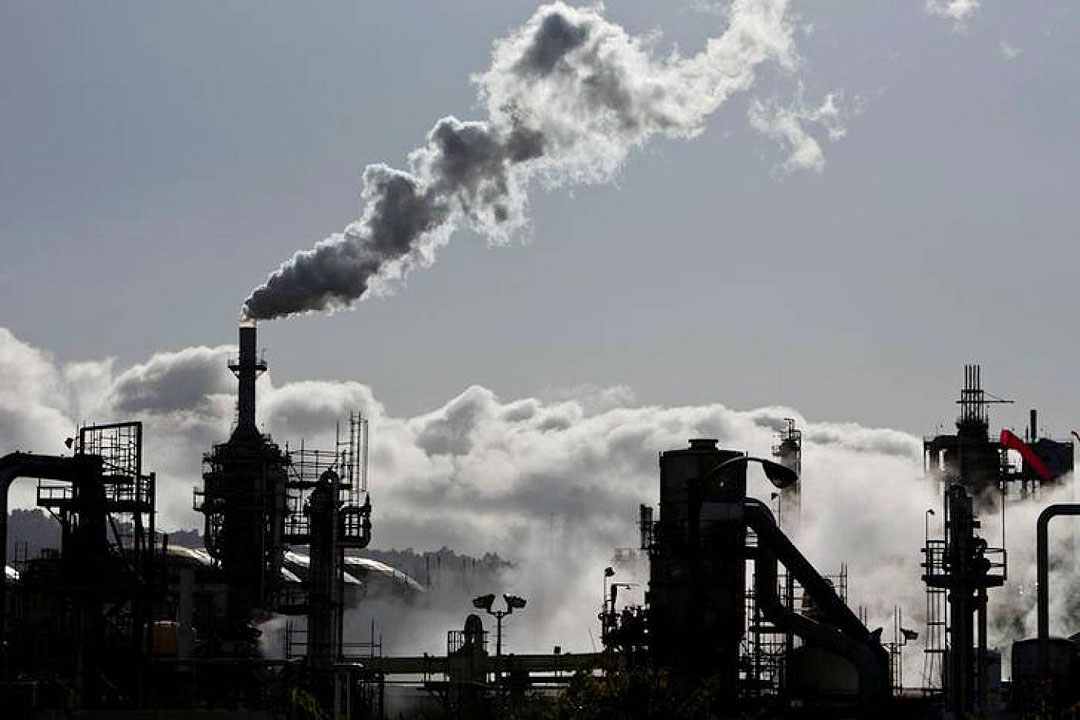Carbon emissions have rebounded to near pre-pandemic levels, according to a study released on Thursday, with coal and natural gas emissions surging in the power and industry sectors even as transportation emissions remain low.
“We were expecting to see some rebound. What surprised us was the intensity and rapidity of the rebound,” said the study’s lead author Pierre Friedlingstein, a climate modeling researcher at the University of Exeter.
In 2020, CO2 emissions fell by a record 1.9 billion tons — a 5.4% drop — as countries locked down and economies ground to a halt. The new report, produced by the Global Carbon Project, forecasts emissions to rise by 4.9% this year.
Among major emitters, China and India are expected to post higher emissions in 2021 than in 2019, while the United States and Europe are expected to have slightly slower emissions.
China was an outlier in 2020 because investments to spur pandemic recovery led to large increases in coal use, even as emissions in other countries dropped.
The study projected total global emissions this year to reach 36.4 billion tons of CO2.
The report comes as global leaders meet at a UN climate conference in Glasgow, Scotland, to try to limit temperature rise to 1.5 degrees Celsius and avoid the most catastrophic effects of climate change. In order to do so, scientists say, CO2 emissions must reach net zero by 2050.
Total global commitments to reduce emissions fall far short of meeting this goal. Already, deadly wildfires, hurricanes, and floods have become more frequent and more intense because of climate change, and sea level rises are locked in for centuries to come.
To reach net zero in the next three decades, drastic CO2 reductions are needed, said Mr. Friedlingstein. “What needs to be done every year between now and 2050 is — broadly speaking — about the same [reduction] as we had during the COVID crisis,” he said.
At the current level of emissions, the researchers found, it will take only 11 years before the odds of staying within the Paris Agreement’s goal of 1.5 degrees of warming will be no better than a coin toss. — Andrea Januta/Reuters
